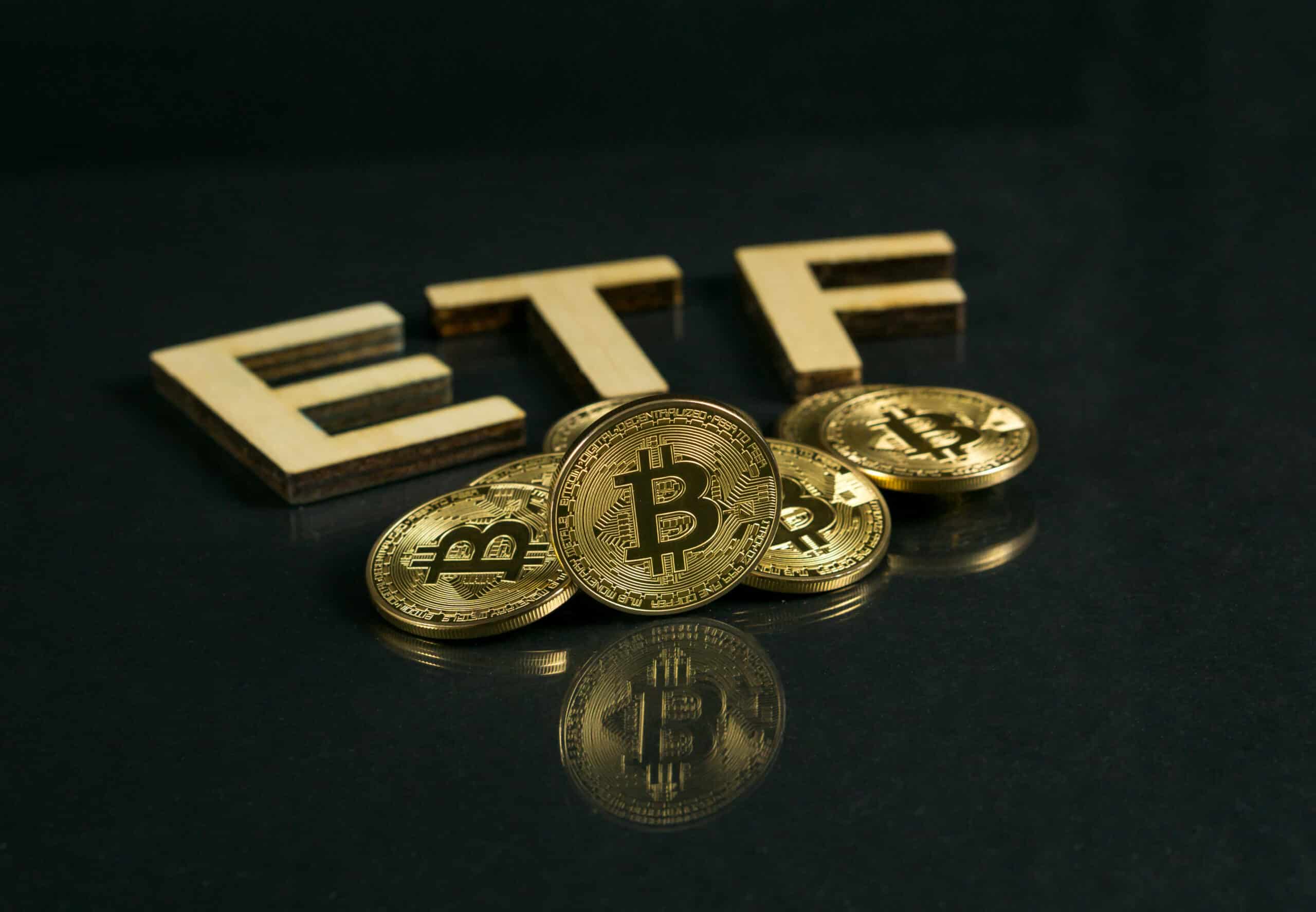As a long-awaited slate of spot Bitcoin exchange-traded funds (ETFs) started trading in the U.S. on Thursday, Bitwise led the pack in terms of fund inflows, while the Grayscale Bitcoin Trust reported some significant but expected outflows.
The 11 approved spot bitcoin ETFs, which offer investors indirect exposure to the price of bitcoin, posted a collective $4.65 billion in first-day trading volume, led by GBTC with $2.3 billion. Trading volume refers to market activity and isn’t synonymous with inflows.
In terms of net inflows, the 11 funds collectively took in $625.8 million, according to data posted on X by BitMEX Research, though some additional data could still trickle in according to how firms settle transactions for accounting purposes. The day’s winner was the Bitwise Bitcoin ETF (BITB), which took in$237.9 million, followed by the Fidelity Wise Origin Bitcoin Fund (FBTC) with $227 million and BlackRock’s iShares Bitcoin Trust (IBIT) at $111.7 million.
“The volumes were at record highs, which is very important for getting the attention of firms that might consider using these products,” Steven Lubka, head of private clients and family offices at Bitcoin financial services firm Swan Bitcoin, told Unchained. “And then the inflows, we don’t have the full accounting yet so it’s a little early, but even if the number is $500 million or $700 million in net inflows, it’s very material. That’s phenomenal.”
GBTC
The Grayscale Bitcoin Trust (GBTC), a popular pre-existing investment product that was converted into an ETF, saw $95 million in outflows, a number that could grow based on additional data that comes in. But that figure was not as high as many were expecting.
”When you look at the GBTC situation, this was an asset with $28 billion of AUM where investors were basically stuck as it traded at huge discounts to NAV (net asset value) for over two years,” said Lubka. “This was the first opportunity they had to get out of that product, especially because Grayscale kept their fee at 1.5% compared to some other ETFs with 0.2% or 0.3%. It’s no surprise to me that you’re seeing investors get out of that fund on the first day.”
Bloomberg ETF analyst James Seyffart noted on X that the GBTC outflows were a “fraction of what I and many were thinking,” which meant the first day of trading was a “huge success.”
UPDATE: We don't have to wait till tonight for $GBTC Flows. Just -$95 million. A fraction of what I and many were thinking. This means yesterday was a huge success in my opinion. Likely going to see an inflow number for $BRRR from Valkyrie too!
Day 1 Net flows sit at $625 mln pic.twitter.com/V3RE9nfFN7
— James Seyffart (@JSeyff) January 12, 2024
Future Inflows
Lubka noted that the rotation out of GBTC should stabilize over time, and said he also thinks more investors will be able to put money into spot Bitcoin ETFs in the future.
Though the U.S. Securities and Exchange Commission (SEC) approved the spot Bitcoin ETFs for trading earlier this week, the funds weren’t immediately available to everyone who wanted to buy them when the market opened on Thursday. Notably, global investment giant Vanguard decided to not offer the products at any point for its customers, saying the funds “do not align” with its broader investment offerings. But other wealth managers who aren’t currently offering the products, such as Morgan Stanley and UBS, might in the future, said Lubka.
“I view [the ETFs] as more of a medium-term story because there’s a due diligence process that financial advisors and RIAs are doing,” Lubka explained. “It’s not just that on day one everyone can put everything in. They’re working on those products and having meetings with clients to talk to them about whether or not they might include a Bitcoin ETF in their portfolio.”.



